After fall cleanup, should I add compost or cover crops?
The days are getting shorter, summer annuals are on their last legs, and slugs, snails and bugs are busy seeking out over-wintering hiding places, signaling it’s time to get outside and start thinking about spring gardening! Generally, I start with a good clean up by picking up dropped branches, garden debris and overturned pots, and then I empty all the garden beds of their spent summer annuals and veggie plants. Usually, I like to dig in compost to all these empty beds, but gardening is always about learning, and this fall I am debating whether I should give cover crops a shot. What do you think?
What has given you and your garden the best long-term results? Compost or cover crops? Tilling? No till??
I would love to hear about your experiences!
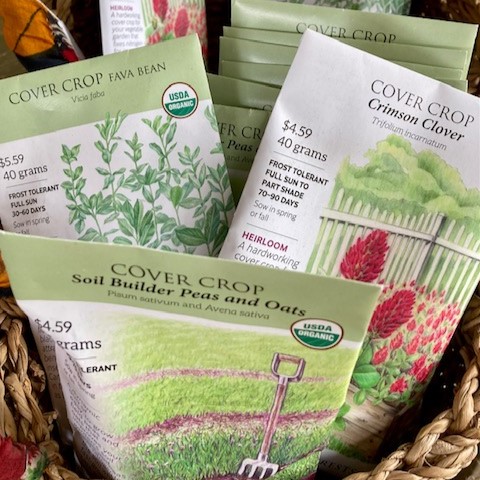


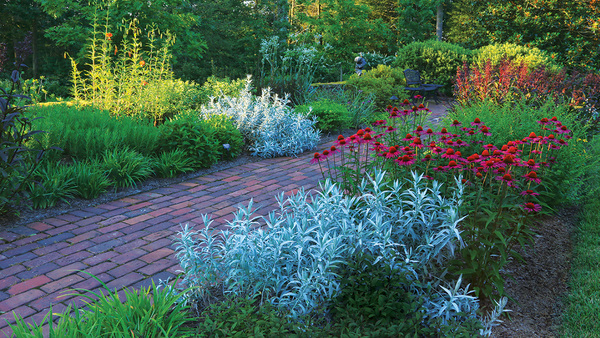
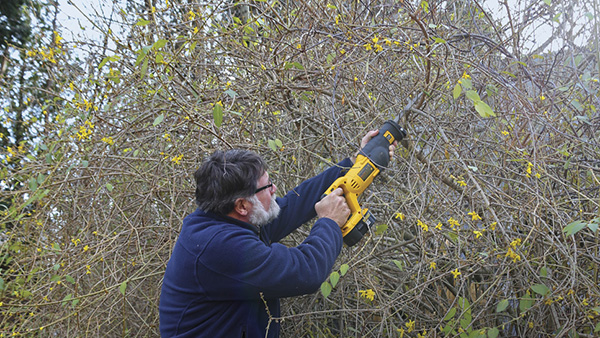
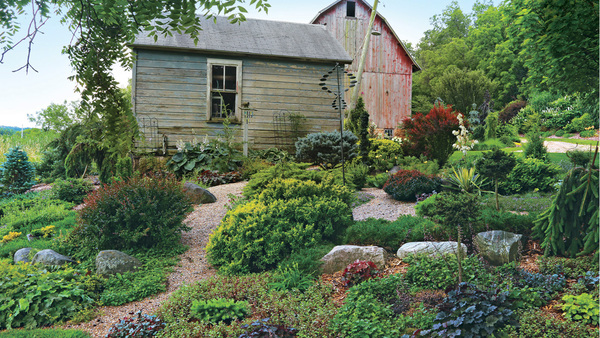

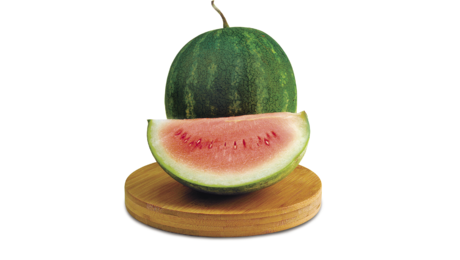
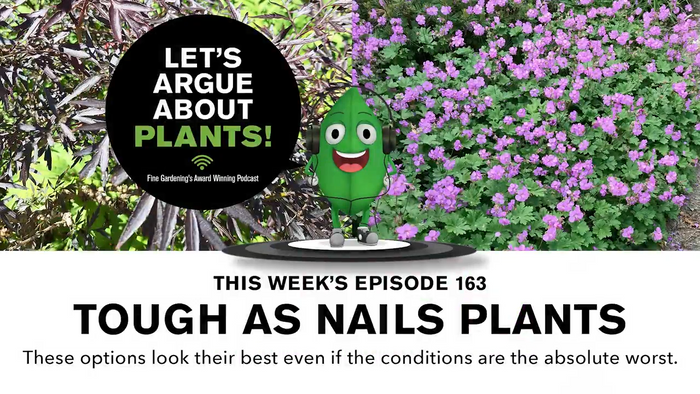
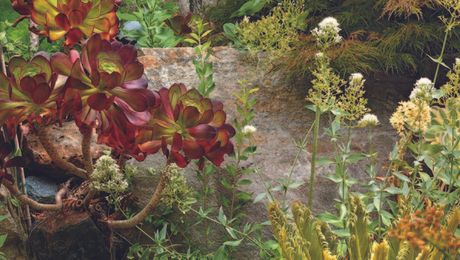
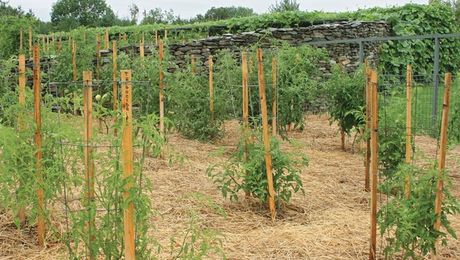



Replies
There are certainly pros and cons to each, but honestly, sometimes I think why not get the best of both? I spread compost and then plant cover crops. It's like an immediate boost from the compost and a long-term plan with the cover crops. But doing both does mean I've got to keep an eye on things and put in a bit more work.
Compost:
Pros:
I've always found compost to be like a quick fix for the garden. When you add it, you're essentially pouring in a blend of vital nutrients. This not only improves the soil’s texture, making it more airy and receptive to water, but also brings in beneficial microbes that help plants thrive and grow at their best.
Cons:
The downside? Sometimes I have to add compost more often, especially if my soil isn’t in the best shape to start with like with a new plot. Good compost can also be a bit pricey. And if it's not made right, it might bring along some unwanted weeds or bugs.
Cover Crops:
Pros:
Cover crops are like the garden's long-term investment. They protect the soil, especially during those months when nothing else is growing. A big win for me is that they naturally fight off weeds. As they grow and then break down, they feed the soil. Some even pull nitrogen from the air and add it to the ground. They can also help in breaking up hard parts of the soil.
Cons:
The challenge? Picking the right ones for my garden and waiting for them to do their thing. If I'm not careful, they might grow too well and become a nuisance. And sometimes, pests decide they're a good place to hang out. You really have to get the timing right which changes based on the expected weather for that year
I hope this helps!
I have only used cover crops in a disturbed broad area. Because you can't till in the cover crops in an established bed you run the risk of adding 'weed' seeds to the beds. In a veg garden it is fine because you will till it back into the soil to create green manure (check the type of cover crop you want to use to be sure). If cover crops are allowed to go to seed you will have a weed problem. October is (in my experience) to late to use a cover crop in the PNW. I usually lay a layer of compost after clean up and let it feed the soil slowly over the winter, prevent weeds from seeing the light of day, and prevent erosion from wind or water. Happy gardening!